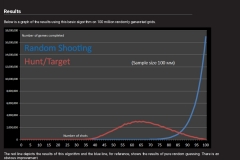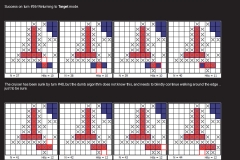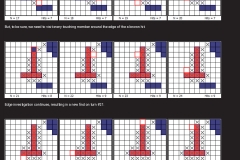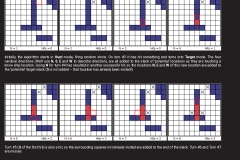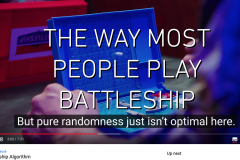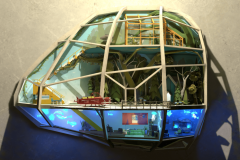Human beings face doom if they do not quickly reorganize society to improve their chances of survival. Inexplicably, business as usual—where we create, for example, arbitrary amounts of drones for personal amusement, deep-fakes to obliterate any definitive notions of accountability for what we may or may not have said and done, and a plethora of smaller and more exciting recording devices that, intentionally or not, record everything going on around them—is challenging our notions of “survival beyond 2030”.
Given this state of affairs, it is infuriating that the public discourse has yet to realize that VR has all the answers. So, as an exasperated response to the numbing number of “How to survive/cope” articles I see all the time, e.g., [1][2], I thought I would explain why VR is providing the means to search for the right answers to many of society’s interminable problems.
Simply stated, the problem is that we must somehow engage ~8 billion people with a role they can play in what Buckminster Fuller called the “operating manual for spaceship earth”. There is no formula for this, so it is easy for a society to start playing nihilistic language games based on the relativity of “solutions” to “our” problems. From here, Fuller tells us only that “you never change things by fighting against the existing reality. To change something, build a new model that makes the old model obsolete”.
Well, in this case, the old model of societal decision making can be likened to an optimization process called “grid search”: we imagine a space of possibilities, and we expand this space to make an “informed” decision only when something in particular doesn’t seem to be working. Like how we collectively addressed the hole in the ozone layer through specific multinational agreements when it was clear how dangerous the situation was.
Grid search is passé. Bayesian search theory (BST), changes everything, from how we look for lost nuclear submarines in the Atlantic, to making evidenced-based changes to how we teach professions as esteemed as radiology. The principles of BST can be understood simply using the toy game “Battleship”, where it is obvious that random firing is not the best way to play. It is much better to integrate what you know about the number and size of the ships you need to hit, along with where you’ve already fired, in order to maximize the probability of a hit:
We know from work like \textcite{Kahnmen1973, Holmes2014} that human beings often do not do the “optimal thing”, yet they also seem to “succeed” nonetheless. This is because there is always an ad-hoc “optimal” way to have arrived in a situation, but to give the term any kind of prospective meaning requires specifying a commitment to a goal in advance. BST methods tell us that this specification requires a kind of “imagination”. An ideal search must occasionally check out strange places—called “exclusion saccades” in vision research—as part of committing the searching agent to an imagination that makes some locally “non-optimal” decisions in order to find a more optimal global solution.
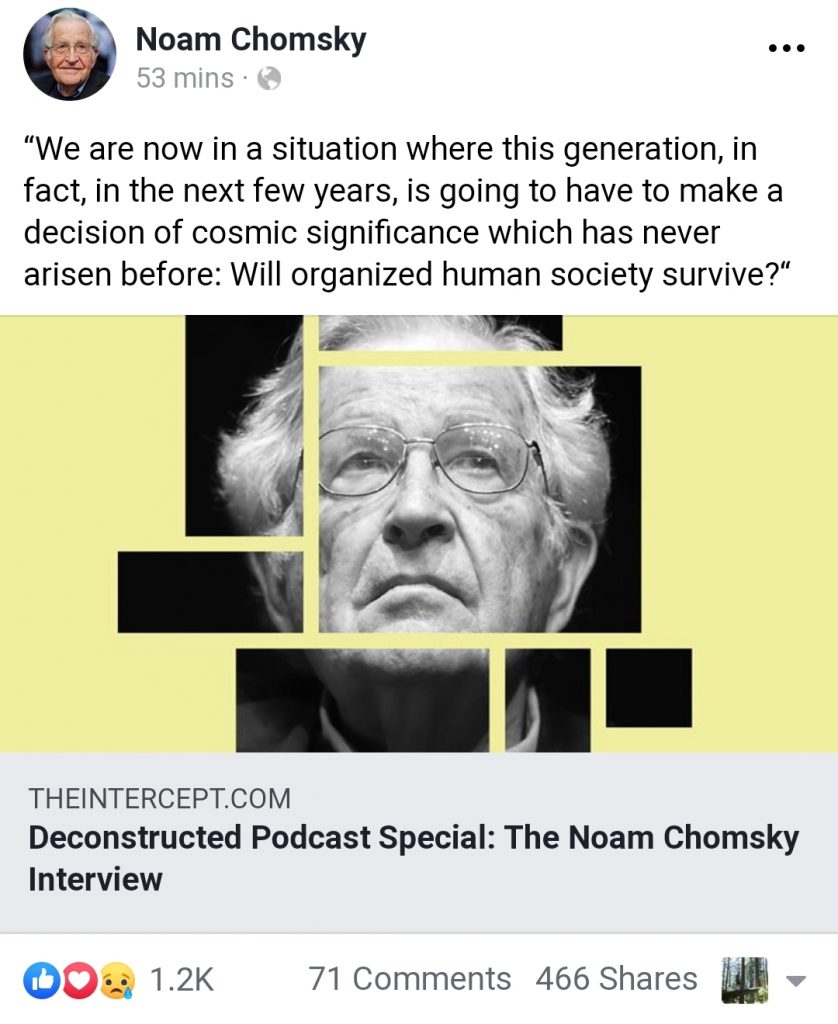
The optimal global solution for human life in this moment requires that academia in particular unifies behind the outlandish goal of global adoption of virtual reality headsets.
From Terrarium VR, and my own Virtual Explorations.
The easiest way to get billions of people to commit to achieving something, while not moving around and causing so many problems, is with a seductive and self-reinforcing technology like VR, that can satisfy a range of goals by maximizing creative potential as well as the freedom to be totally uncreative. With this incredible tool, people can at least have the option of managing their habitat with surrogate devices and try to make a positive difference by learning about, and applying, principles of optimality with their neighbours in the process.
